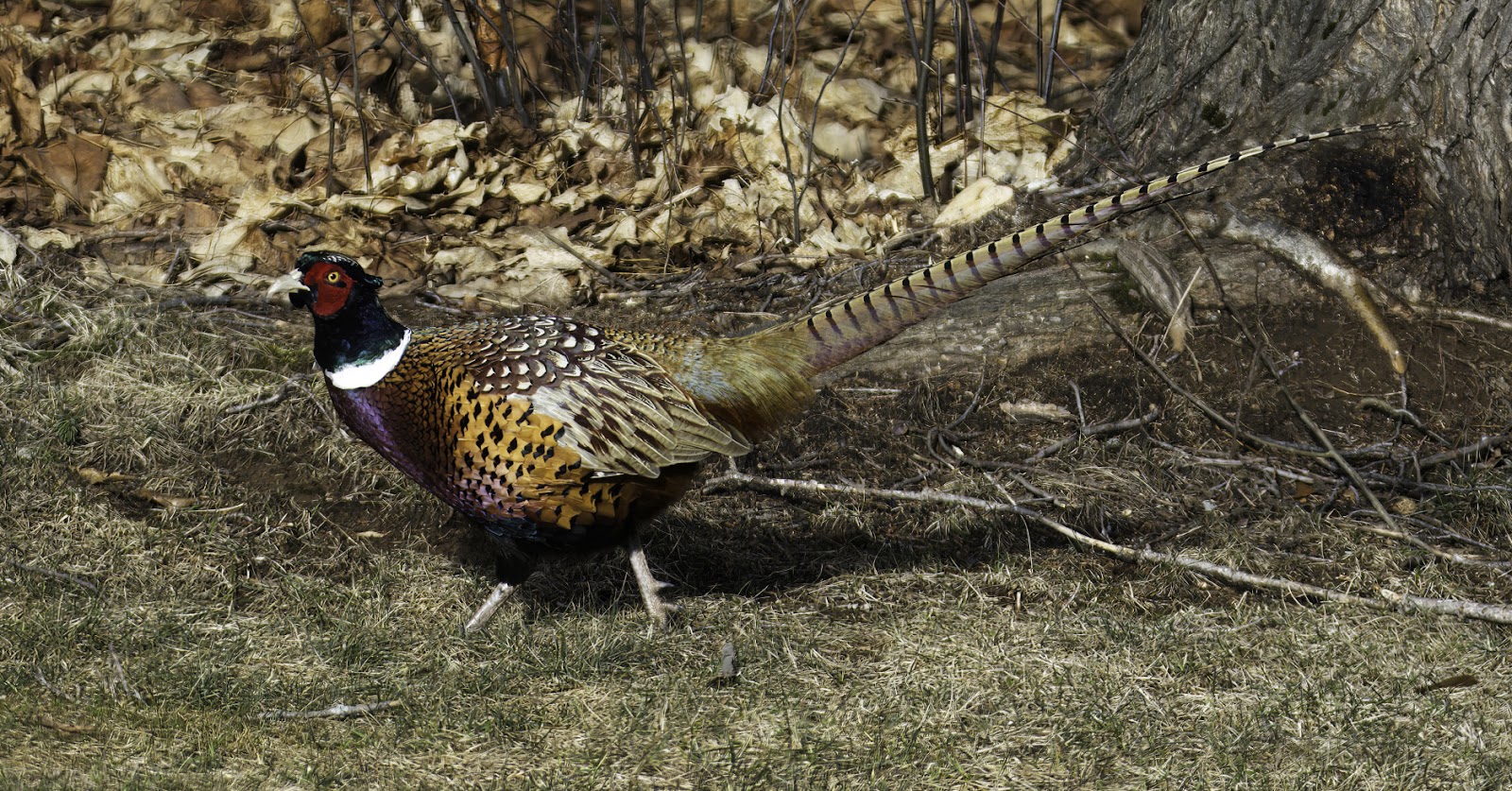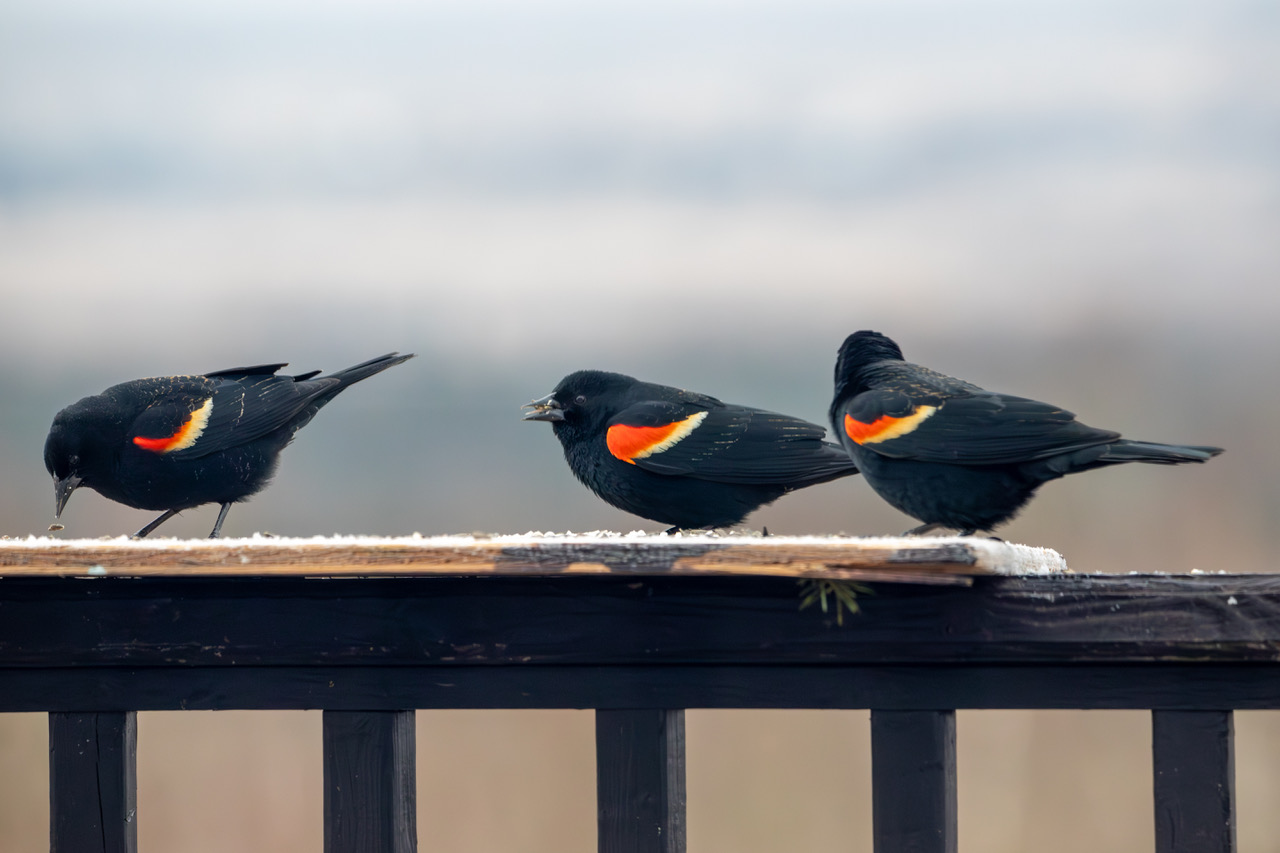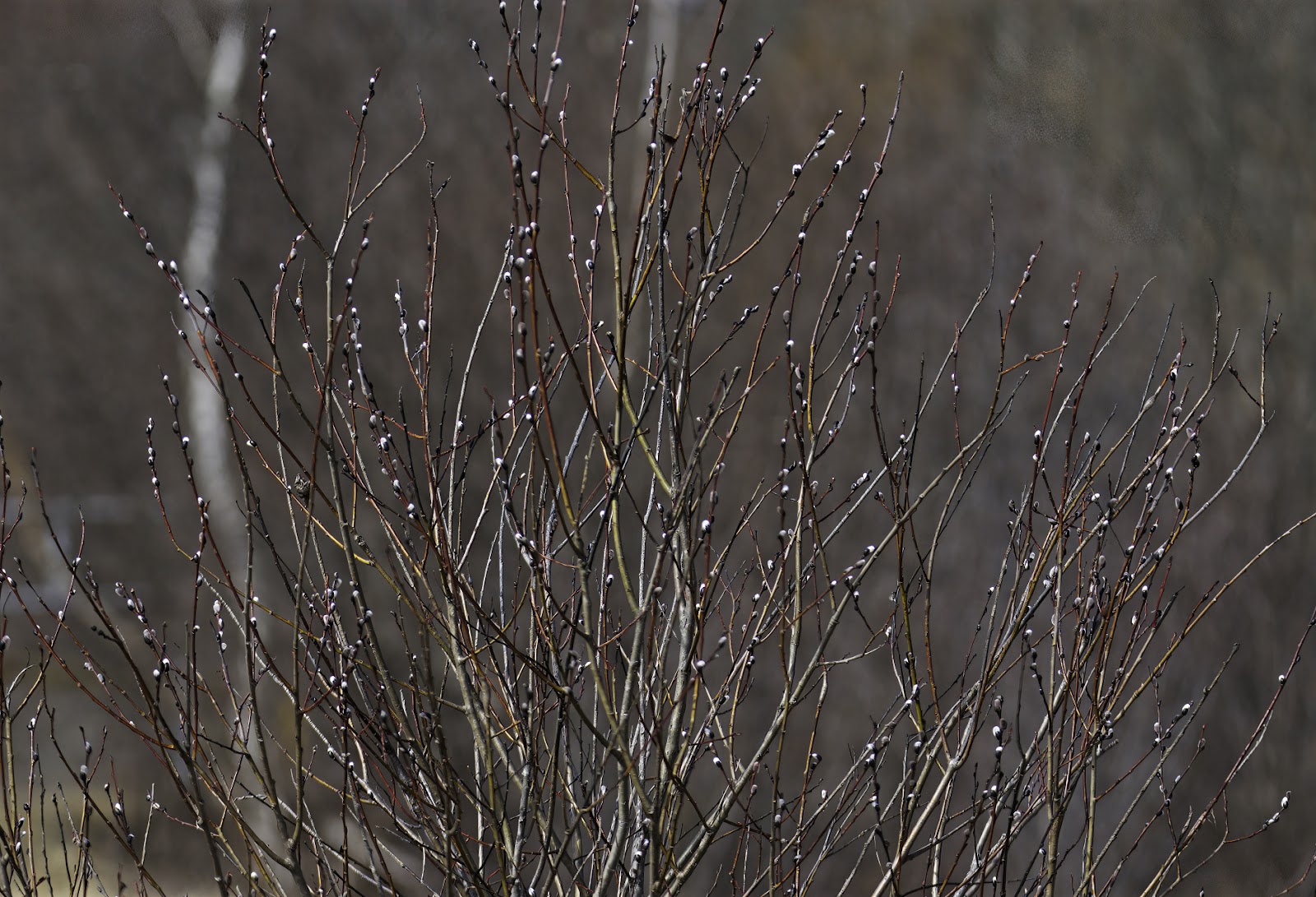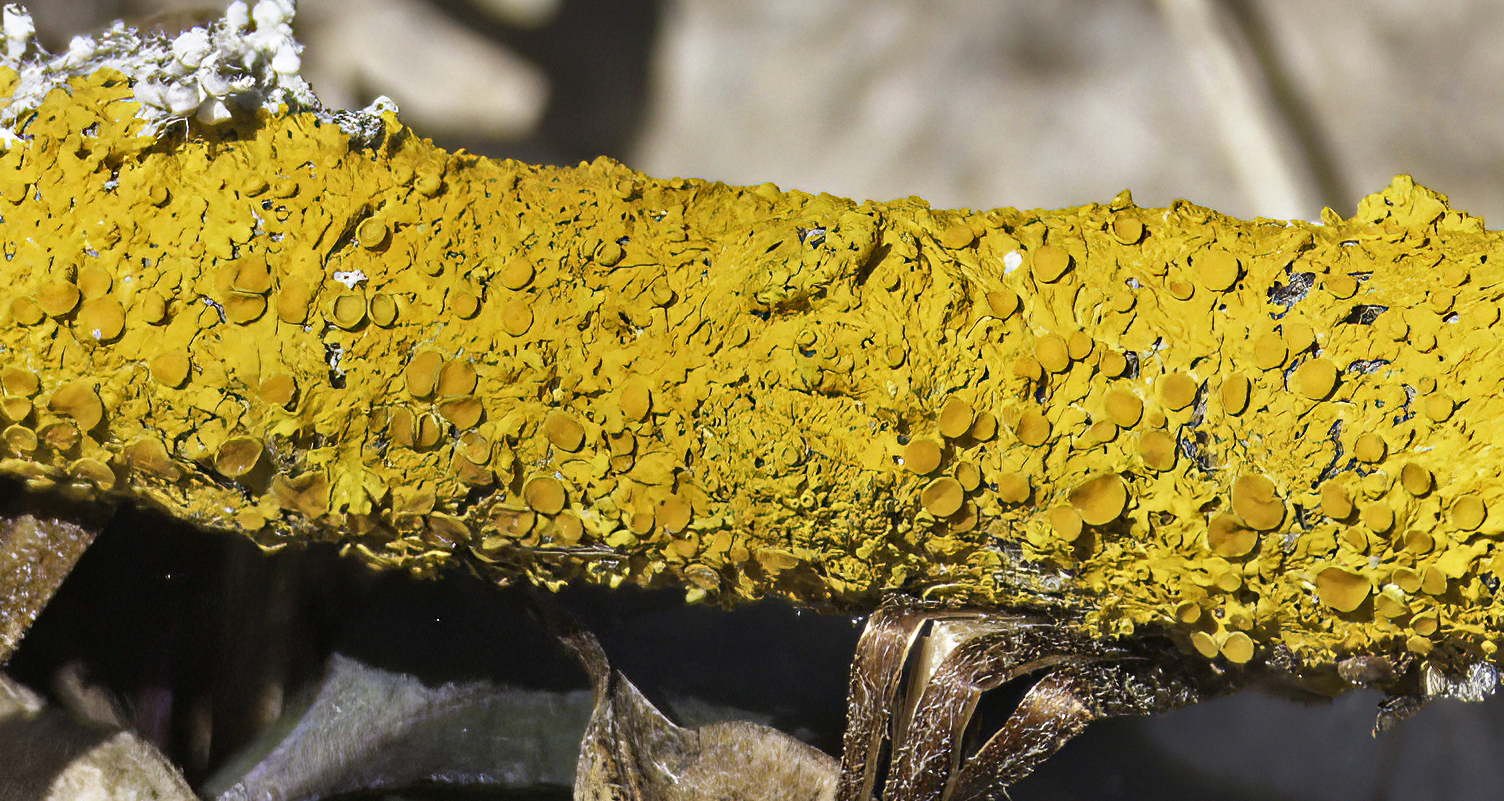NATURE MONCTON NATURE NEWS
March 21, 2025
Nature Moncton members as well as any
naturalist in New Brunswick or beyond are invited to share their photos
and descriptions of recent nature sightings to build a fresh (almost) daily
edition of Nature News
To respond by e-mail, please address your message to the
information line editor, nelsonpoirier435@gmail.com .
Please advise the editor at nelsonpoirier435@gmail.com
and proofreader Louise Nichols at Nicholsl@eastlink.ca if
any errors are noted in wording or photo labelling.
For more information on Nature Moncton, check the website
at www.naturemoncton.com.
Proofreading courtesy of Louise Nichols
**Nature
Moncton Maple Sugar Camp Outing (tomorrow)
Saturday, March 22, at 11:00 AM
Meeting
Place: 6 Dewey Rd., Turtle Creek
When
the sap starts flowing in the maple sugar bush, spring is on its way! To
celebrate, Nature Moncton has arranged a guided tour of the Moncton Maple Sugar
Camp. This site belongs to the City of
Moncton but is currently being run by the Fundy Biosphere. The tour covers how maple products are made,
and participants will be able to get maple candy poured on the snow ($2.00
each) and maple products will be available for purchase. Please note the price list that is included
below.
The
Moncton Maple Sugar Camp has a small demonstration tapping site, but we will
not be allowed to walk in the actual sugar bush as it is a restricted
site. They would like to know how many
are coming, so if you plan to join, please email Fred Richards at fred.j.richards@gmail.com or
text him at 506-334-0100. Please
indicate if you would like Maple Candy on the snow at $2.00 each. The visit at
the sugar camp will take a little more than an hour.
Afterward, participants can participate in
a walk at Mill Creek Park in Riverview.
We will meet at the Mill Creek Nature Park - Runneymeade parking lot --
after the Maple Sugar Camp tour. All
are welcome, Nature Moncton Member or not.
Below
are the recommendations sent to us by the sugar camp:
- This
is an outdoor event, so visitors need to dress accordingly (a portion of
the time will be in the building, but it is small and unheated).
- For
washrooms, we have one porta potty.
- Any
group over about 20-25 will be split into two groups to rotate due to
space in the building (group total maximum is about 60)
- Each
tour takes 20-30 minutes (if groups need to split, the other group can
have maple taffy while waiting)
- Whether
we have our evaporator running is dependent on weather.
- The
sugar woods where we collect sap are not on the same site as the sugar
camp building; the woods are on property that feeds the Moncton water
supply. So, with the limitations to
keep the supply safe, we transport the sap off site to make the sugar camp
accessible to the public. We will have some trees tapped right by the
building for demo purposes, but the tour does not involve walking through
the sugar woods.
- We
have Wi-Fi but cell service is limited.
- We do have the ability to take cash, e-transfers, and card
- transactions.
**The Tick Talk recorded presentation from Tuesday
night's Nature Moncton meeting is now available at the link below.
(Editor’s note: I highly recommend that folks who did not
participate online to listen to this recording. I am suggesting this not
because I was the presenter but because of all the very helpful information
contributed by participants. Some very helpful comments were shared.)
**David Lilly would like to offer anyone who receives
Nature News free images if he has a photo someone might require. David has approximately
60,000 photos of birds from across Canada.
Below is a sample photo of an American Oystercatcher.
David’s email address and website are below for anyone to
explore this very generous offer.
**Richard Blacquiere reports that as the ponds in and around
Hampton lagoon began to thaw, ducks started to reappear quickly. Gadwall,
American wigeon, and bufflehead were quick to return, soon followed by northern
shoveler, common goldeneye, and hooded merganser.
On Wednesday, it was lesser scaup, and on Thursday, it
was barrow's goldeneye. Turkey vulture numbers are increasing as well, with
around 20 on Thursday morning. Richard comments, “Nice to see the birds
returning.”
(Editor’s note: what a pleasant array of spring activity
in one spot!)
**John Inman was able to get
a quick photo of a honeybee on the hand railing through the window; it
left right away, so there was no chance of a side view.
**Jane LeBlanc was glad she
had her camera with her when she drove out of her St. Martins driveway. She
noticed a male pileated woodpecker on one of the hydro poles.
(Editor’s note: one would
have to suspect this lad may be drumming to establish a territory.)
**Brian Stone went on a
little outing to Highland Park in Salisbury on Thursday afternoon to record a
few images from the first day of spring. The water in the ponds has begun to
thaw, and large areas of open water are now accessible to any waterfowl that
might wish to end their migration there. Brian didn't see any waterfowl there yet,
but he was very interested in watching the antics of the newly exposed water
boatmen of the Sigara genus, including some busy with mating. He also
photographed some fungus and lichen, a cluster fly, an evergreen wood fern still green
despite the season, a fat woolly bear caterpillar, silver maple
tree flower buds swelling and getting ready to perform their mission, and pussy willow bursting their buds.
Back home, Brian
photographed a red squirrel enjoying the newly running sap from his
backyard maple tree and a fresh-looking male ring-necked pheasant
searching the yard for snacks. On Tuesday evening, Brian also sent a photo of
some of the American crows pre-roosting on the lines and trees outside
his house before heading off to their final roost for the night.
**This Week’s Sky at a
Glance, 2025 March 22 – March 29
The spring star is springing up in the east these evenings. Arcturus is the
fourth brightest star in the sky and the second brightest we can see from New
Brunswick. It is a tad brighter than Vega, the summer star, which rises
around 10 pm this week. The winter star, Sirius, sets after midnight and
Capella, the autumn star, never sets in southern New Brunswick.
Arcturus anchors the constellation Boötes the Herdsman and the star’s name
means “bear driver.” Boötes is seen chasing the two bears, Ursa Major and Ursa
Minor, around the celestial North Pole. To many people the constellation
resembles a tie, a kite or an ice cream cone. The head of the herdsman, at the
tip of the constellation opposite Arcturus, is the star Nekkar, which sounds
somewhat like necktie.
Halfway between Arcturus and the hind leg of Ursa Major is the star Cor Coroli
in Canes Venatici the Hunting Dogs. Use binoculars to look for a fuzzy patch
halfway between Arcturus and Cor Caroli. This is a globular cluster called M3,
the third entry in Charles Messier’s 18th century catalogue of things that
resemble a comet but aren’t. This cluster contains half a million stars at a
distance of 34,000 light years, nearly a thousand times farther than Arcturus.
This Week in the Solar System
Saturday’s sunrise in Moncton is at 7:17 and sunset will occur at 7:34, giving
12 hours, 17 minutes of daylight (7:22 and 7:39 in Saint John). Next Saturday
the Sun will rise at 7:04 and set at 7:44, giving 12 hours, 40 minutes of
daylight (7:09 and 7:48 in Saint John). When the Sun rises on Saturday,
March 29, it will be smiling at us in a deep eclipse that lasts for another
hour. Dig out the eclipse glasses that you saved last year and make sure they
are not punctured or deeply scratched before using them.
The Moon is at third quarter this Saturday and it will be just past its
ascending node when it rises new in front of the Sun next Saturday. Jupiter
is at the same altitude as orange Betelgeuse to its left in early evening,
hanging above the V-shaped Hyades cluster. Mars continues to flatten the
triangle it makes with Pollux and Castor over the week. Venus reaches inferior
conjunction this Saturday, followed by Mercury on Monday, and between those
days Saturn’s rings appear edge-on. This occurs every 15 years but now it is
too close to the Sun for us to not see them. Rural observers might see the
faint wedge of the zodiacal light angling up toward the Pleiades 60 to 90
minutes after sunset.
Tune in to the Sunday Night
Astronomy Show at 8 pm on the YouTube channel and Facebook page of Astronomy by
the Bay.
Questions? Contact Curt
Nason at nasonc@nbnet.nb.ca.
Nelson
Poirier
Nature Moncton





















